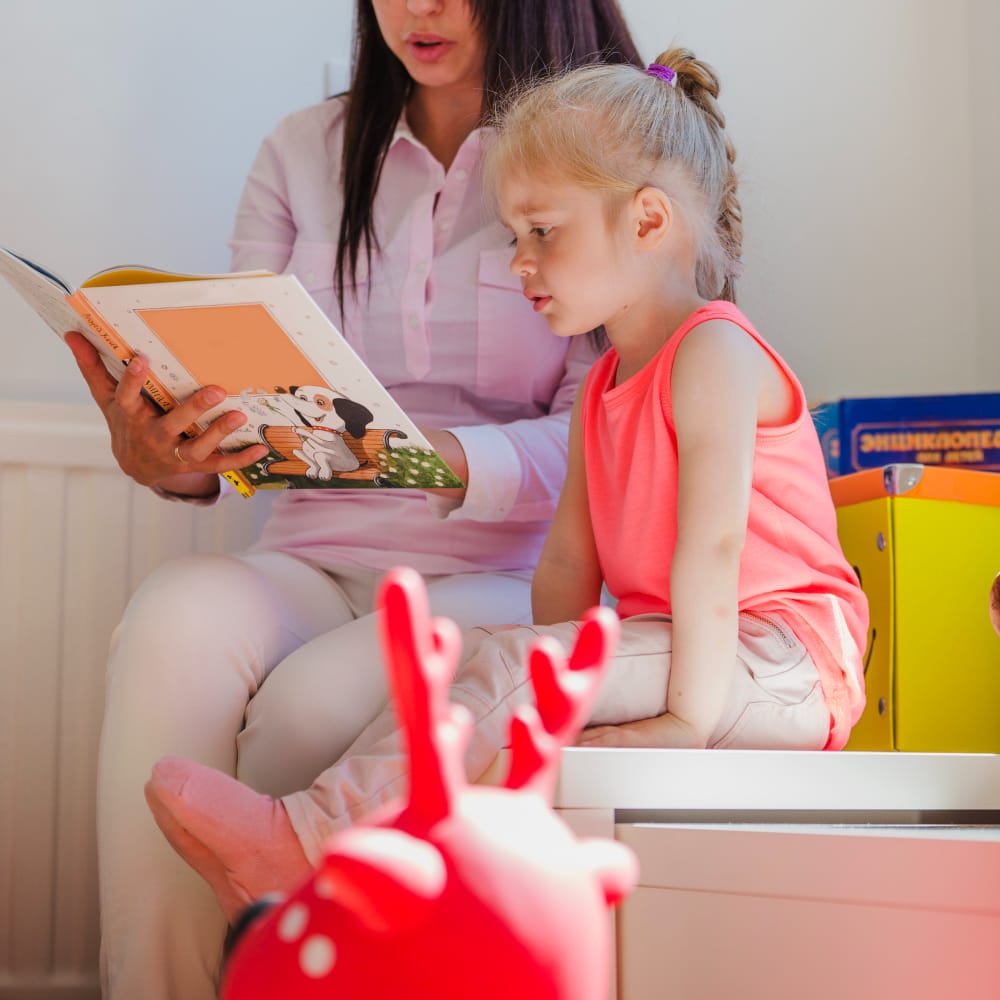
Get a little creeped out when you hear your child having a conversation with thin air? Experts once believed that having an imaginary friend was a sign that something was wrong in a child’s life. They hypothesized that children who dreamed up imaginary friends were isolated, socially incompetent or lonely. Yet, it seems that the phenomenon of imaginary friends is not a new one – in ancient times people believed that spirits were sent as companions (for adults and children) in order to guide and inspire them.
Recent research has not only revealed that imaginary friends is a rather common phenomenon among young children, but also that the original hypotheses about the link between having imaginary friends and being lonely and socially incompetent is generally false.
Most children with imaginary friends are well-adjusted, happy and socialise easily.
The phenomenon of imaginary friends is most likely to appear in children between the ages of 3 and 5 years and then disappear again at about school-going age, yet a certain percentage of children may keep their imaginary friendships well into their primary school years of even into adolescence. Girls are slightly more likely to having imaginary friends than boys are and similarly, first born children are more likely to have imaginary friends than their younger siblings.
This seems to happen directly as a result of children’s ability to use elements of fantasy and pretend in their play. I vividly remember trying to sneak up on my toys in the dark as a kid because I believed that they came alive at night and I spent hours and hours twirling around the garden pretending to be Snow White. Seen in this light it seems completely plausible that children might extend these elements of their imagination to include friends and confidants. And despite your child’s insistence that “Mr Doodle” also have a seat at the table, studies reveal that almost all children with imaginary friends are clearly able to distinguish between reality and fantasy and know that their “friends” aren’t real.
Studies have linked imaginary friends to creativity in children (apparently fiction writers are more likely than average to have had Imaginary friends as children) and suggest that this creativity might contribute to their problem solving skills as they grow up.
Researchers at the University of Manchester also suggest that Children with imaginary friends may develop language skills and retain knowledge faster than their peers simply because get more opportunities to “chat” as they carry their imaginary friends along with them wherever they go.
Imaginary friends also allow children to experiment with behaviours that might be slightly out of character for them or to express thoughts and emotions which they might find otherwise overwhelming. It might also serve to empower children in that their imaginary friends might be the only “people” they are able to boss around.
Having an imaginary friend means that you have to be able to imagine how another person might feel and act and so helps to contribute to a child’s emotional development as well as his development and understanding of the theory of mind (thinking about thinking).
It may seem like unfamiliar territory to parents, so here are some guidelines on how to react when your child creates his own imaginary friends:
- Firstly relax – as I’ve mentioned before it is pretty common and certainly does not mean that there is anything “wrong” with your child.
- Pay close attention to what your child says about his imaginary friends as it might give you some insight into what your child is currently thinking or feeling.
- Try not to get too involved – your child’s imaginary friend is his own way of interacting with and making sense of the world and by adding your own ideas to his fantasy you might be taking away an opportunity to develop creative thought processes and problem solving skills.
- Don’t be afraid to lay down the law if the imaginary friend’s demands or behaviours become too disruptive. It is important for children to understand that they are ultimately responsible for their actions and that there are limits to acceptable behaviour – Mr Doodles will simply have to find another place to sit if all the good seats are taken 🙂



